Add the ideal plant to your garden with our superior collection of Thyme seed hybrids, an exclusive mix of varieties, geared towards both professionals and beginners. This follows a packet of 30 Thyme seeds well selected to grow in your house. You can use them to add to your cooking or you can just appreciate the curative effect of gardening but our hybrid one combines the finest qualities of normal thyme to grow well, taste great and to have an amazing resistance.
Seeds Overview
Thyme is the perennial herb that has been loved for ages in the Mediterranean territories. It is scientifically named as Thymus vulgaris. Its use is common as a cooking ingredient, medicine and decorative component in the garden.
The Thyme seeds in this pack are planted into the workouts of the plants bearing thin and needle-like leaves, which are grown in a shade of green with slight purple or gray hue. A caress sends a pleasant earthly scent. Growing hybrid seeds brings steady results in 14 to 21 days when conditions are just right – so it’s a go-to for gardeners after consistency without surprises.
Key Features & Benefits
These Thyme seeds aren’t like regular ones – thanks to crossbreeding, they grow stronger and handle dry spells much better. Because they’re bred specially, you’ll see fewer plant illnesses plus more reliable sprouting, which means most plants take hold without fuss.
- Culinary Excellence: The leaves are a nice, earthy taste that is good in the soup or stew, enhancing the sauces, meats, chicken, and even fish. Due to their condensed oils, food becomes more robust – adding flavor as well as zest to whatever you are preparing.
- Medicine: Thymol in Thyme gives it the medicinal properties of fighting off germs, swelling, and getting rid of mucus in airways. A go-to use through the ages? Keeping lungs clear and healthy, suppression of coughs, as well as alleviating some minor scratchiness of the throat.
- Space Facility: These small plants are ideal to put in pots, on window sills, in apartments or beside your bed. They all produce good harvests and consume little space.
- Drought Resilience: Once it’s settled in, thyme seeds handle dry spells really well – great for yards that use less water or folks mindful about irrigation. Since it doesn’t need much care, you’ll skip constant watering, leaving more room for relaxation.
How to Care for Your Seeds?
Premium ground Thyme seeds are easy to grow and fast rewarding;
- Planting: Sow the seeds on dry well drained potting soil- do not cover them since light helps in germination,the temperature must be kept at 60-70F with light moisture; the sprouting period will take 14-21 days.
- Lighting needs: Thyme in its natural habitat needs much sunlight and no less than 6-8 hours of direct sunlight per day, this ensures rampant growth and high flavor development.
- Soil Requirements: The potting mix must be well drained and in that case it is enhanced by cactus/succulent mix or perlite. Thyme is a plant that thrives in slightly alkaline or neutral pH of the potting mix soil.
- Fertilizing: Use slow-release fertilizing that is balanced in the spring before flowering and post flowering. High-nitrogen formulas are also to be avoided due to the reduction in the concentration of the essential oils.
- Pruning and Harvesting: Similar to the banning of extension of growing tips, frequent pinching of the growing tips promotes bush-like growth of a plant. The initial step to take is to start picking leaves as soon as they have been established and that is usually 6-8 weeks after planting.
Ideal Placement
Your theme can be successful with the choice of location. Thyme seeds can be planted where there is 6-8 hours of direct sunlight in a day- south or west direction is ideal. Interior A good light inside a house is to place near a sunny window- or grow lights in case there is scarcity of natural light. In the case of outdoor gardens, the beds should be well drained but raised slightly or on slopes in order to avoid water stagnation. The container gardeners are advised to use pots that have drainage holes and they should be raised slightly above the ground to avoid waterlogging. The best placements of windowsills should be in the kitchen. Where winter is cold (zone 5 and lower) plants planted in containers may be brought inside, or to hardy plants in the ground, the ground may be covered with light-colored mulch (straw or pine needles) after the ground is covered.
Why Choose This Product?
Choosing our Thyme seeds hybrid collection will be a bet on reliability, quality and versatility. The 30 number of seeds is sufficient to plant with time and luck, so you can plant plenty of plants, share with gardening friends or you can reap the harvest and have a continuous crop of plants.
Our hybrid formulation is immune to common increasing obstacles, and yields as much as it can grow and flavor-wise, this is ideal in making a fragrant Mediterranean herb garden, setting up a useful kitchen herb cabinet, or to experiment with medicinal uses.
Planting thyme seeds also provides you with full control over the whole process of growing the product and avoids the fear of using pesticides and other treatment methods. A more profound engagement with your food and medicine cabinet is experienced by the contentment of picking fresh thyme, which you have grown out of the seed.
Frequently Asked Questions
Q1: What is the time taken by Thyme seeds to germinate?
A: Hybrid thyme seeds germinate after 14-21 days when everything is perfect, try to maintain soil at a room temperature (60-70 F ), damp, and bright in order to increase germination rate.
Q2: Can I Grow these Thyme Seeds Indoors all Year Round?
A: Yes, thyme grows well in the home all year long, especially near a bright window or by bright lights. It’s an easy grown indoor plant so you don’t have to worry about its placement.
Q3: What’s the difference between regular thyme seeds and these hybrid thyme seeds?
A: The hybrids are highly strong and grow well, have good germination, are more resistant to diseases and have better flavor, take care of it in a better way to maintain consistency of performance and increased success.
Q4: Can I collect the seeds from plants grown from these hybrid thyme seeds for the next season?
A: You can, but the results are not that good, the offspring will not be exactly the same as the hybrid ones, so it is best to purchase new hybrid seeds every season or grow from cuttings instead.
Only logged in customers who have purchased this product may leave a review.
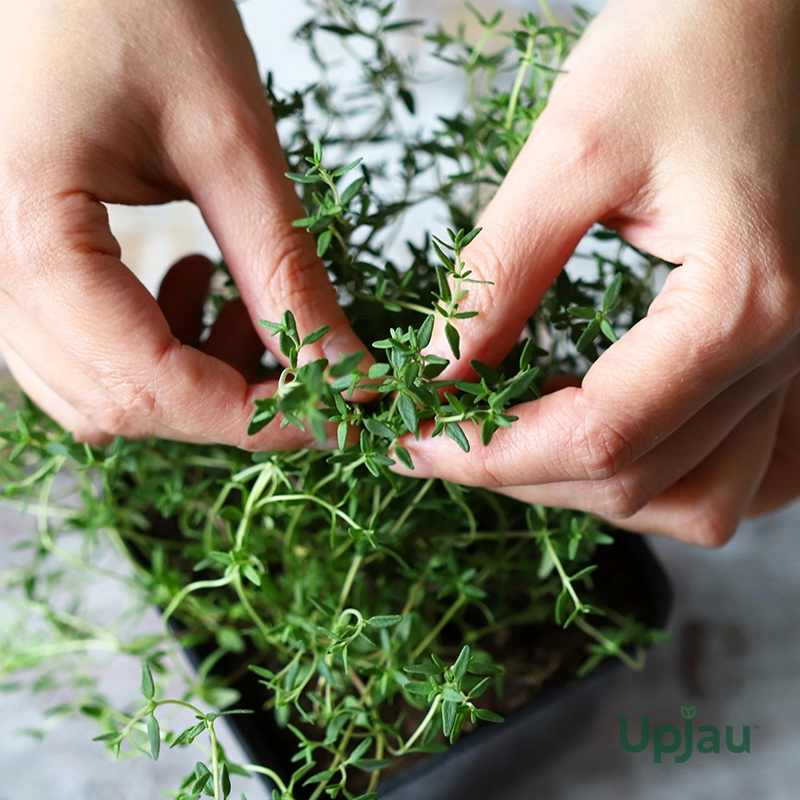

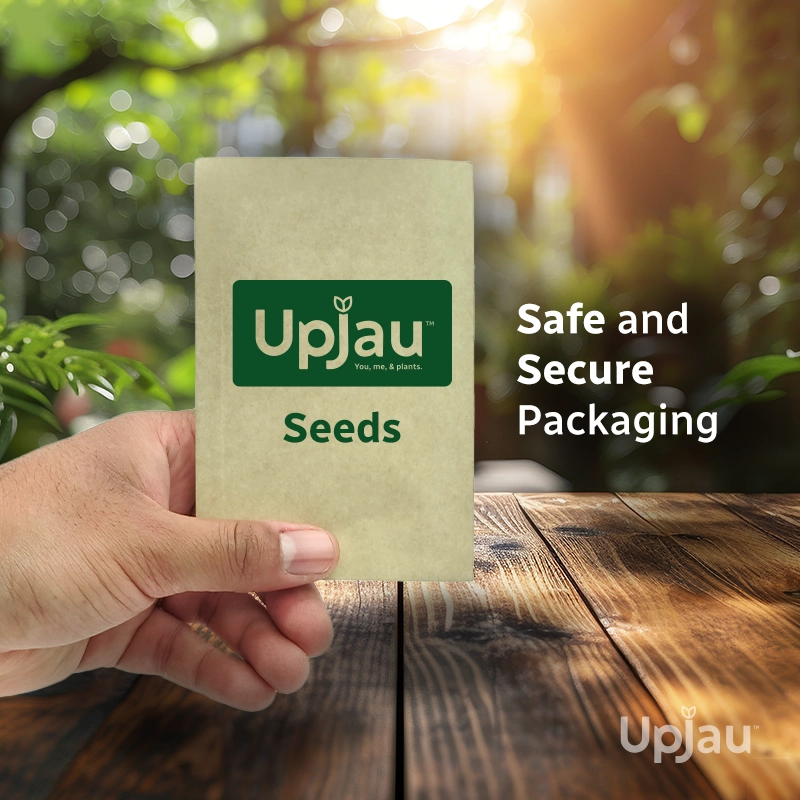
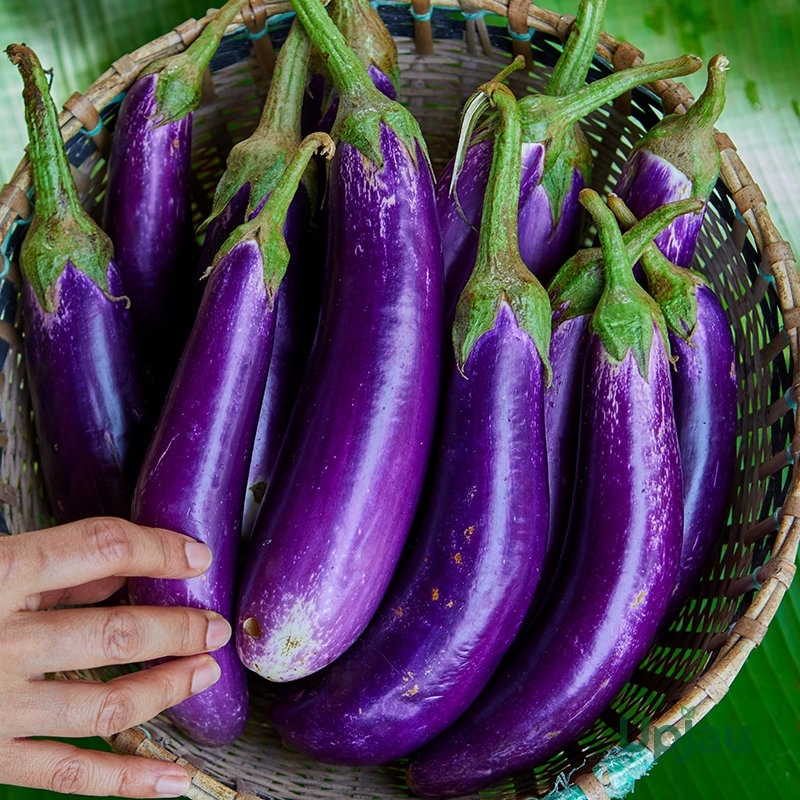
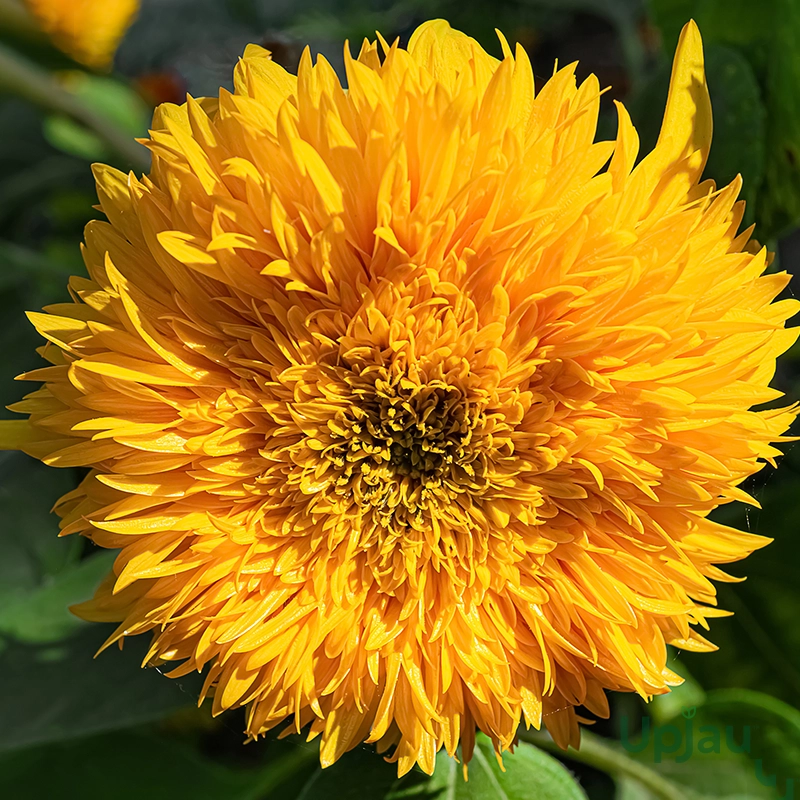
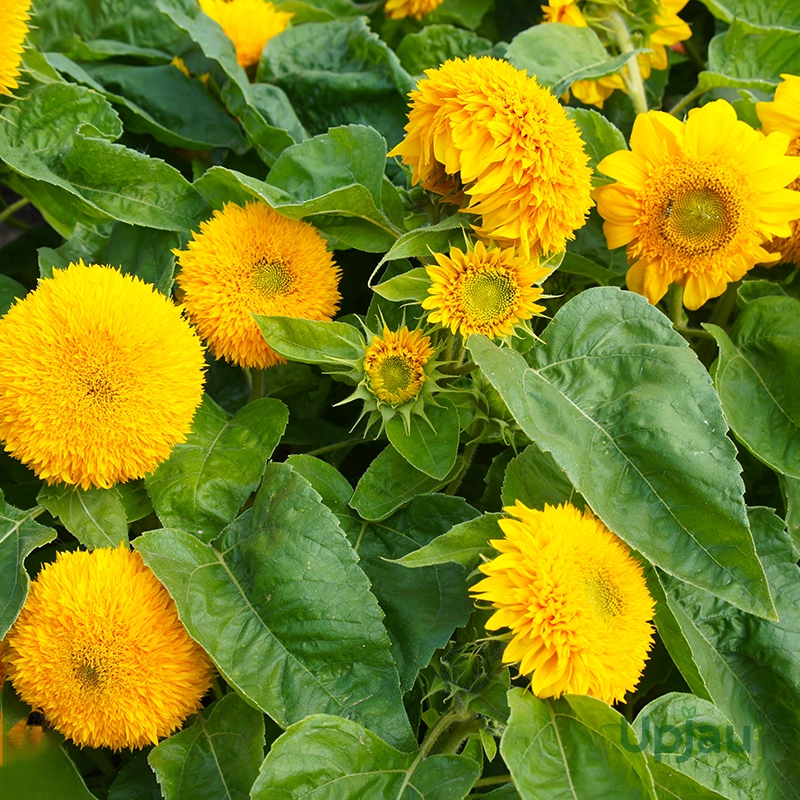








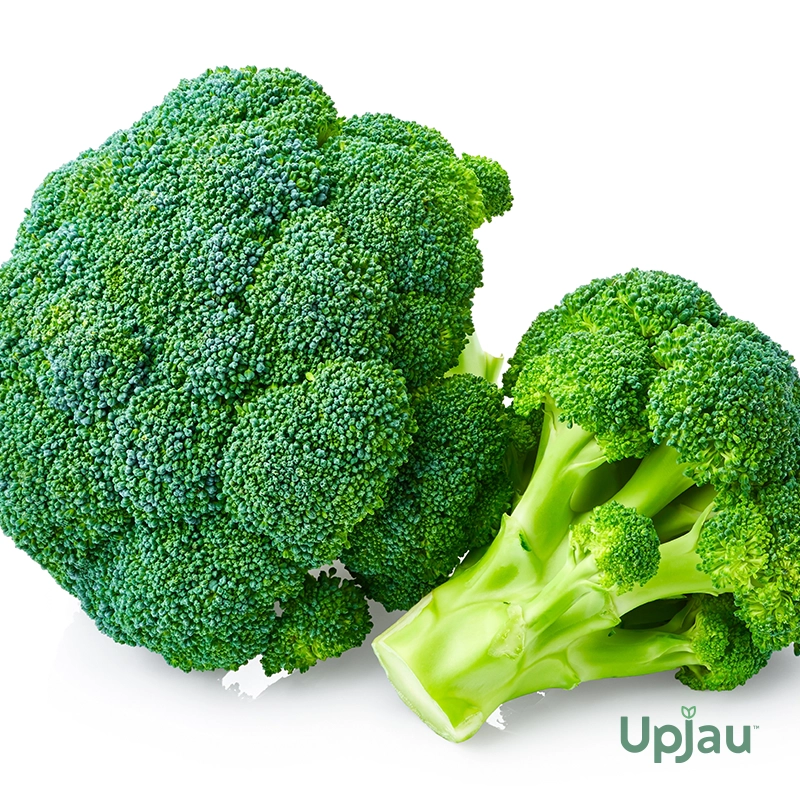
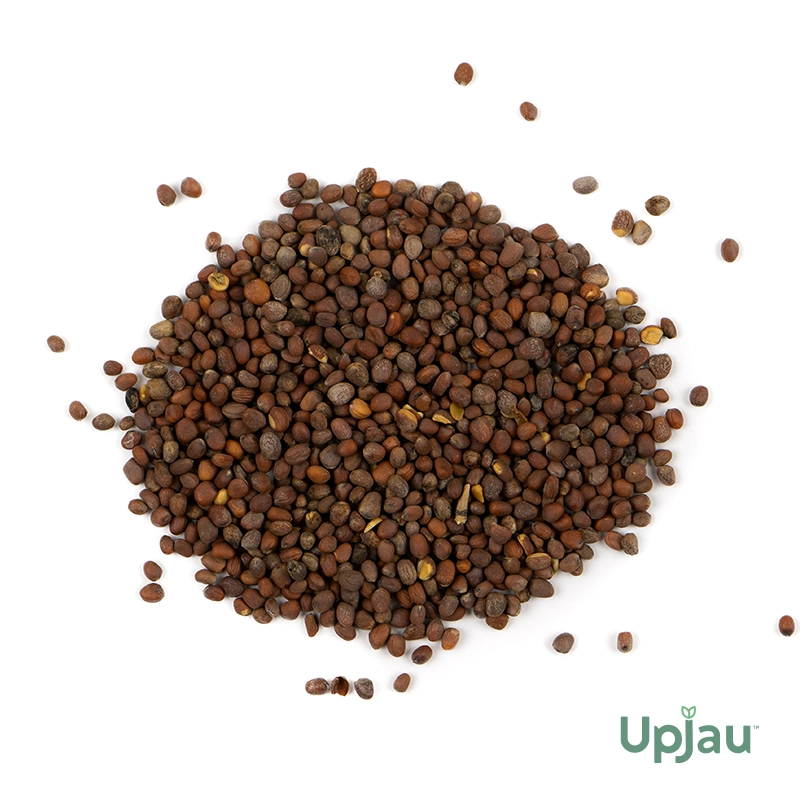


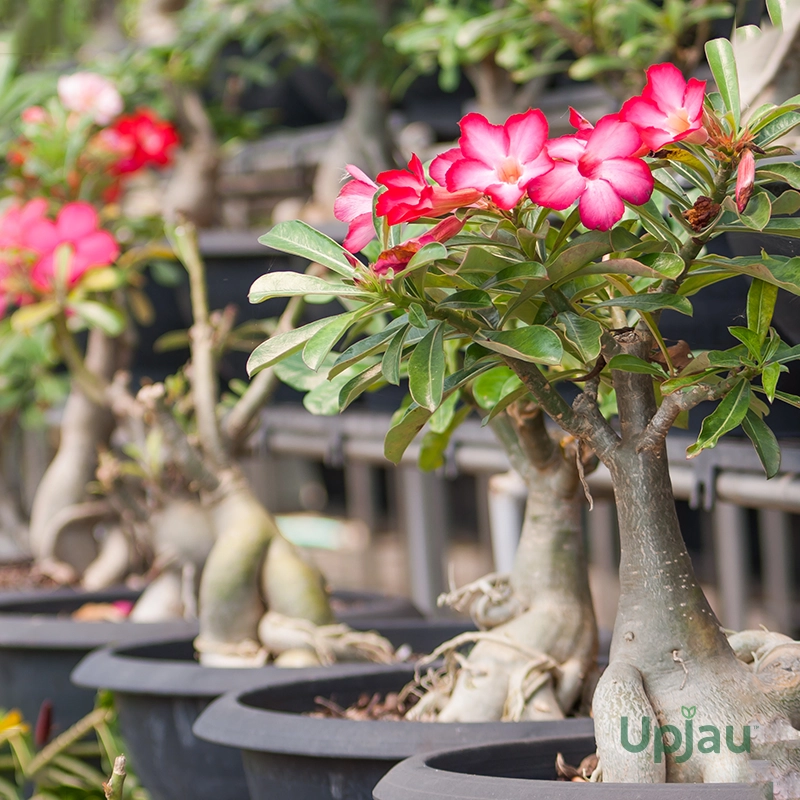
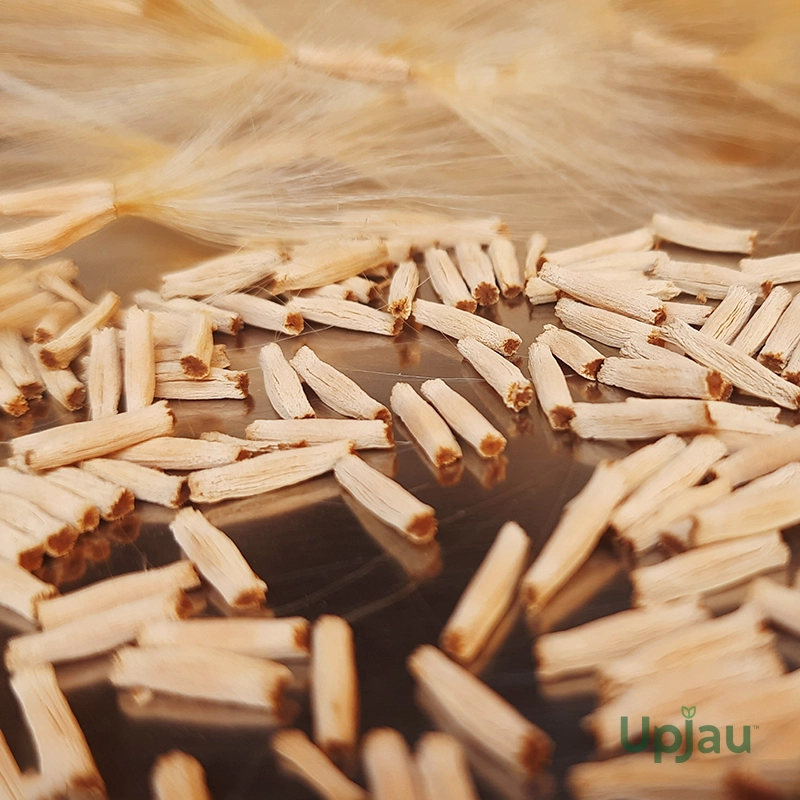
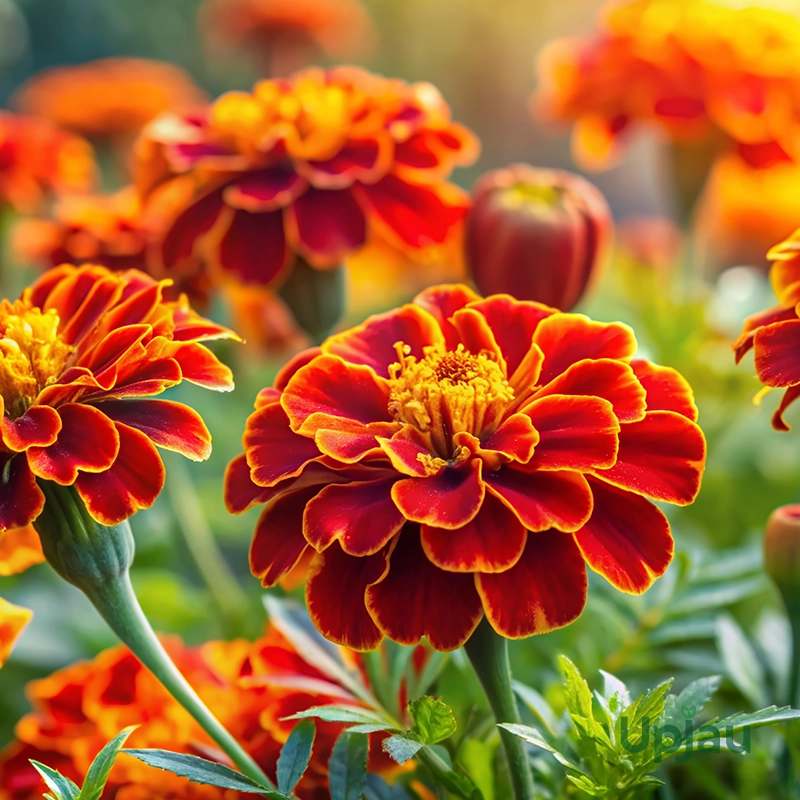
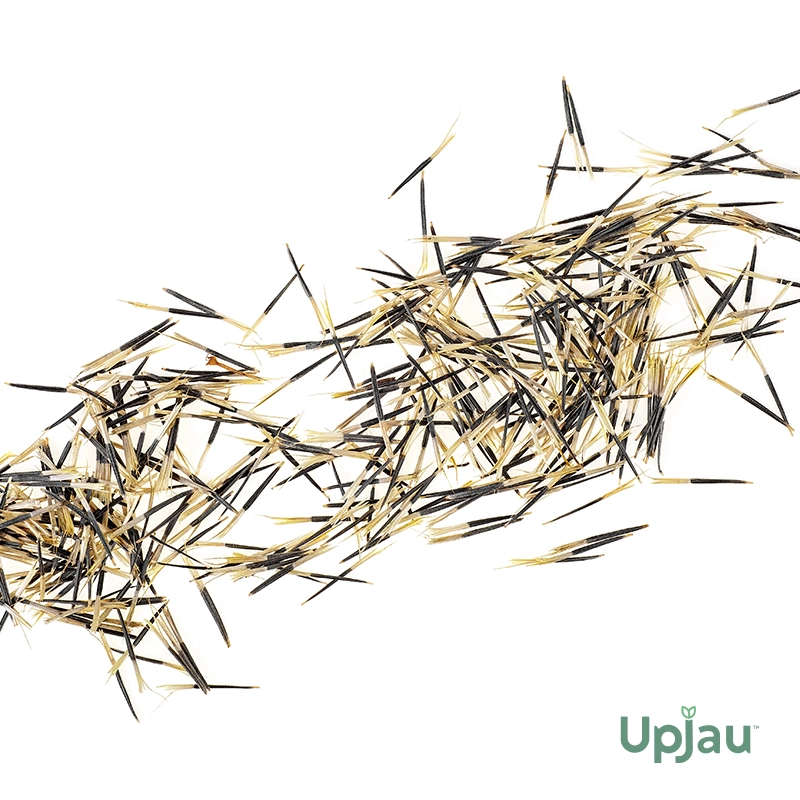
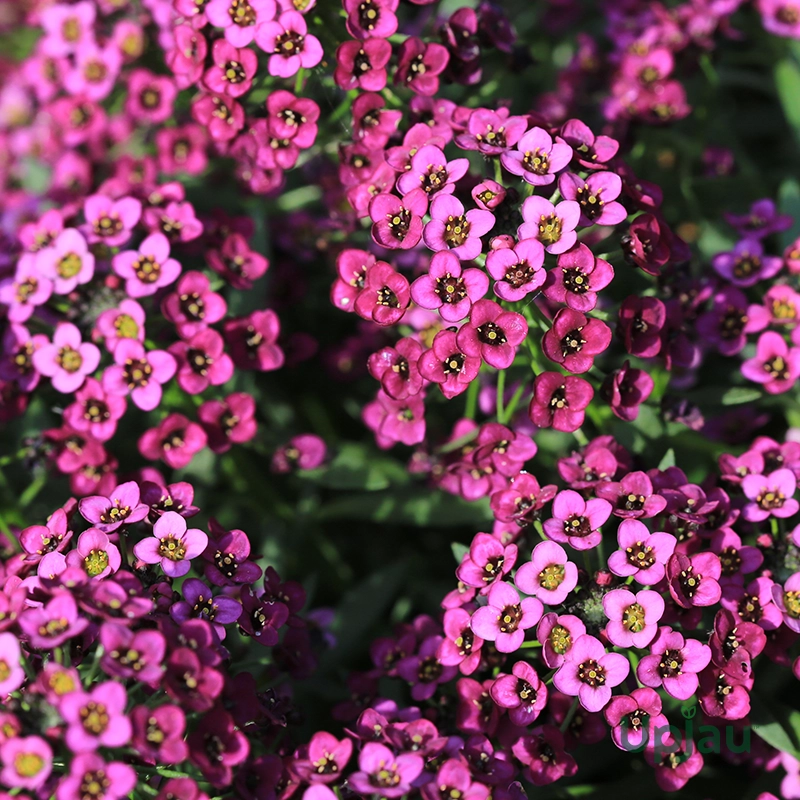
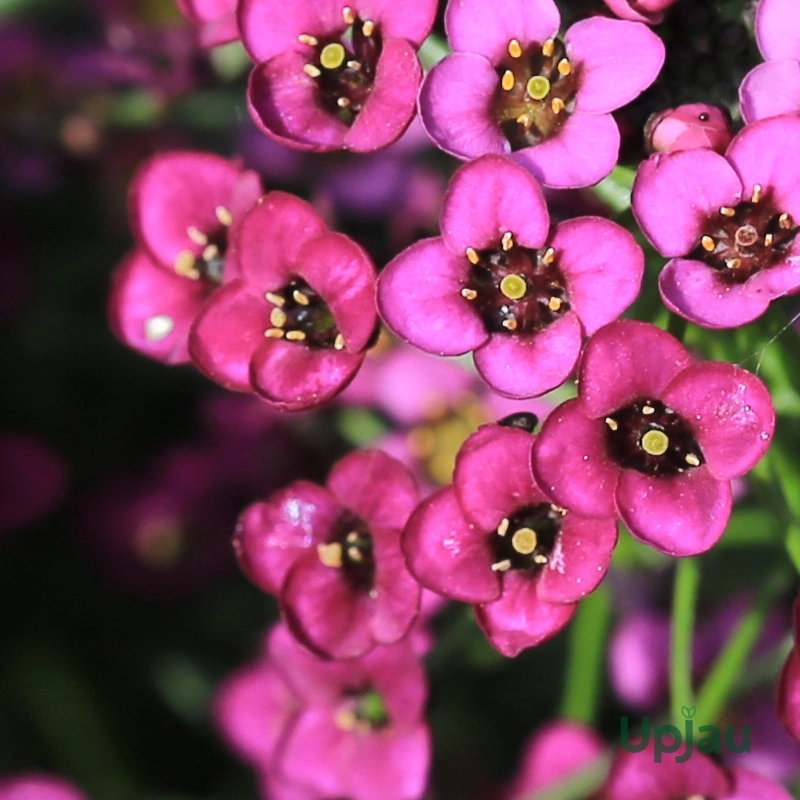
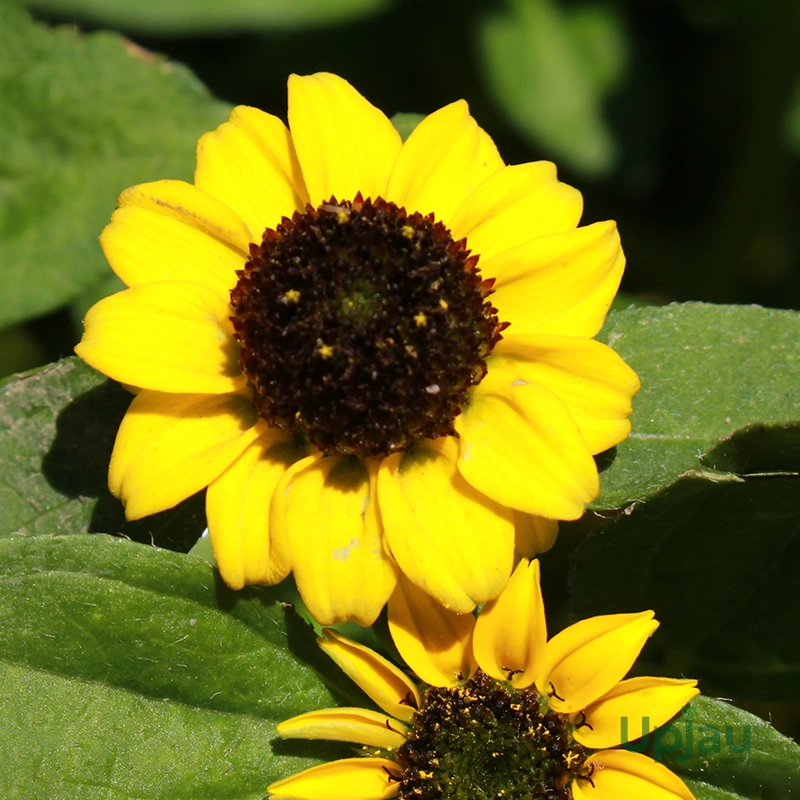
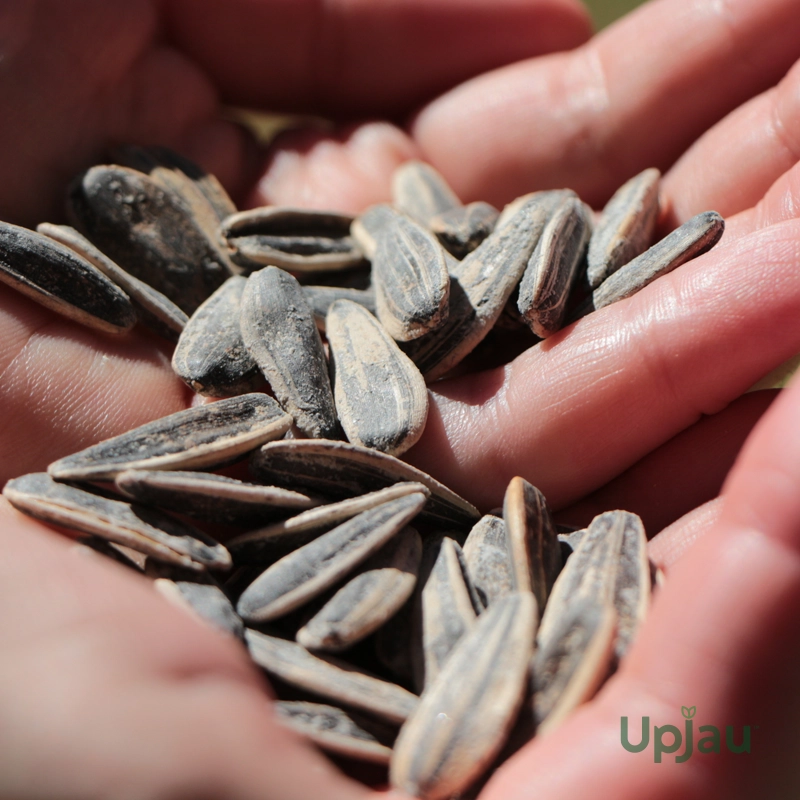
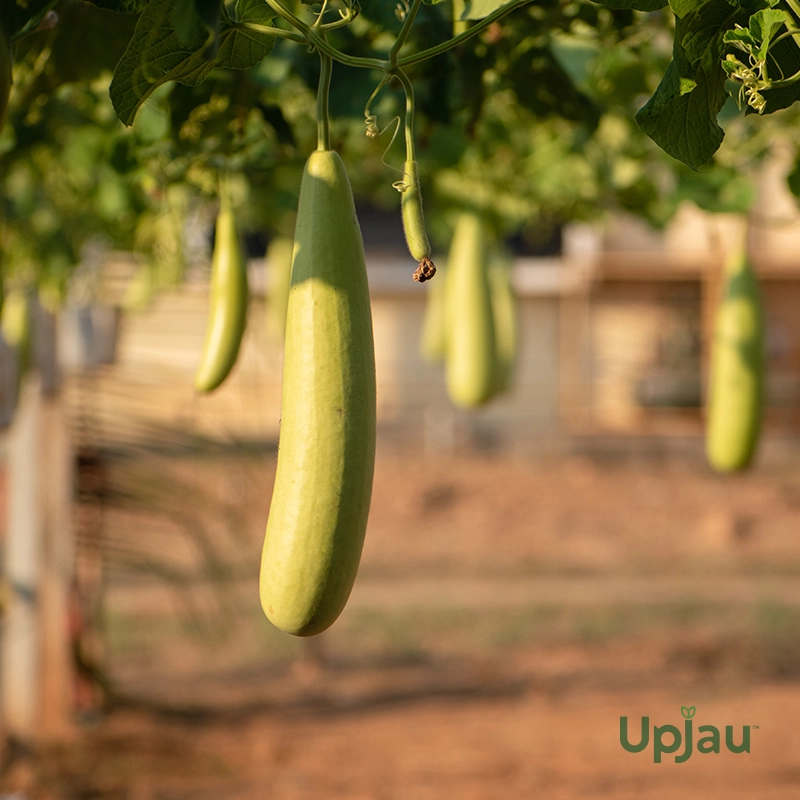
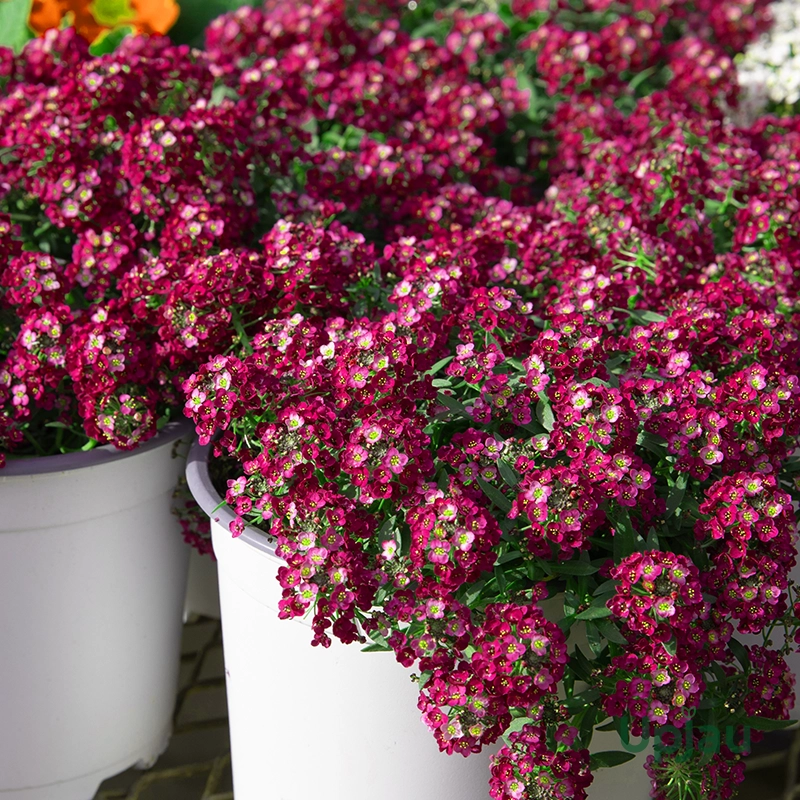
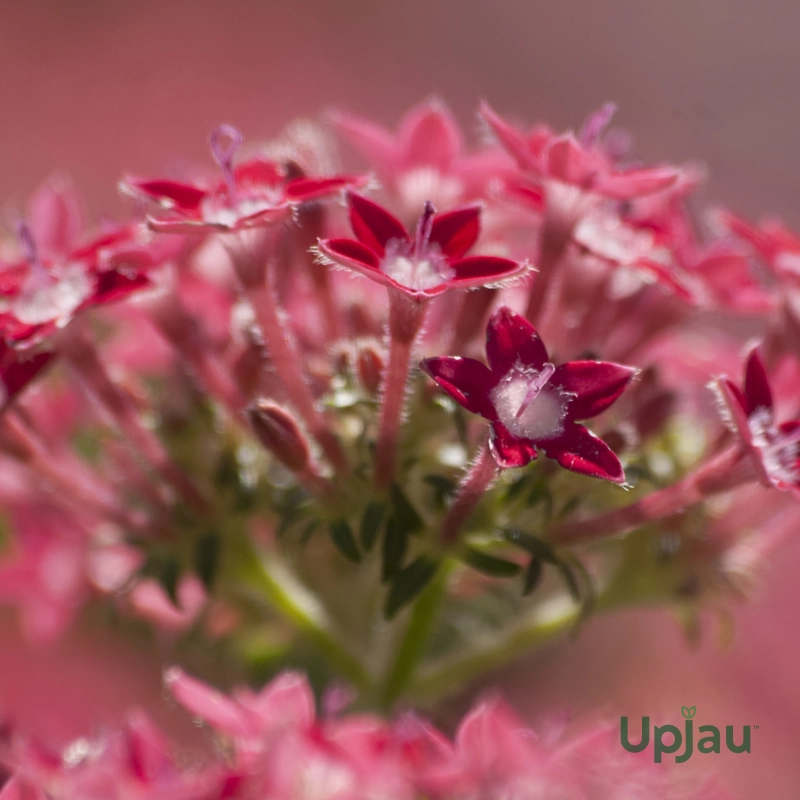
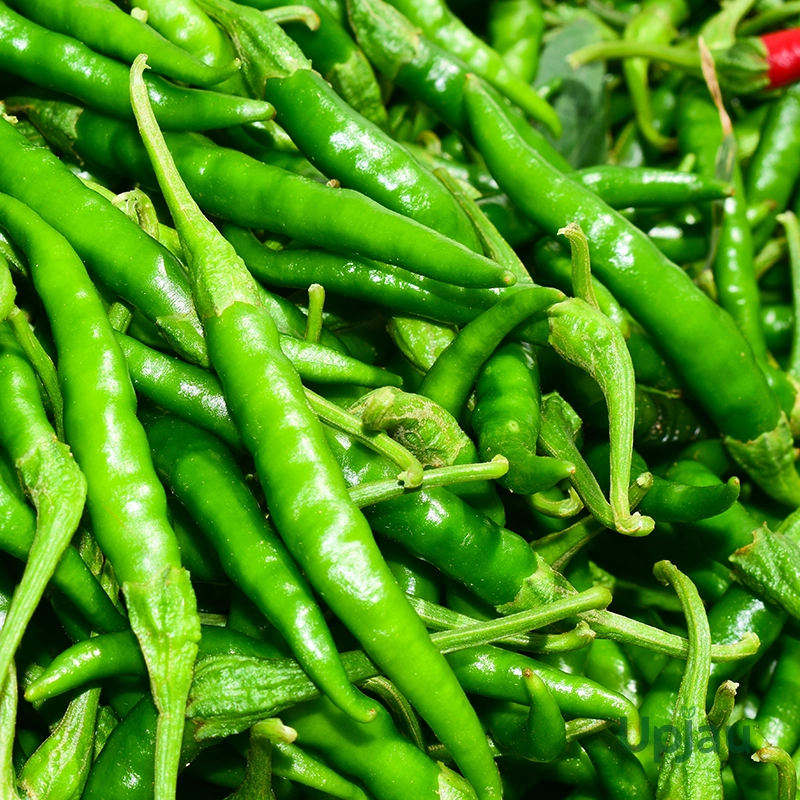
Reviews
There are no reviews yet.